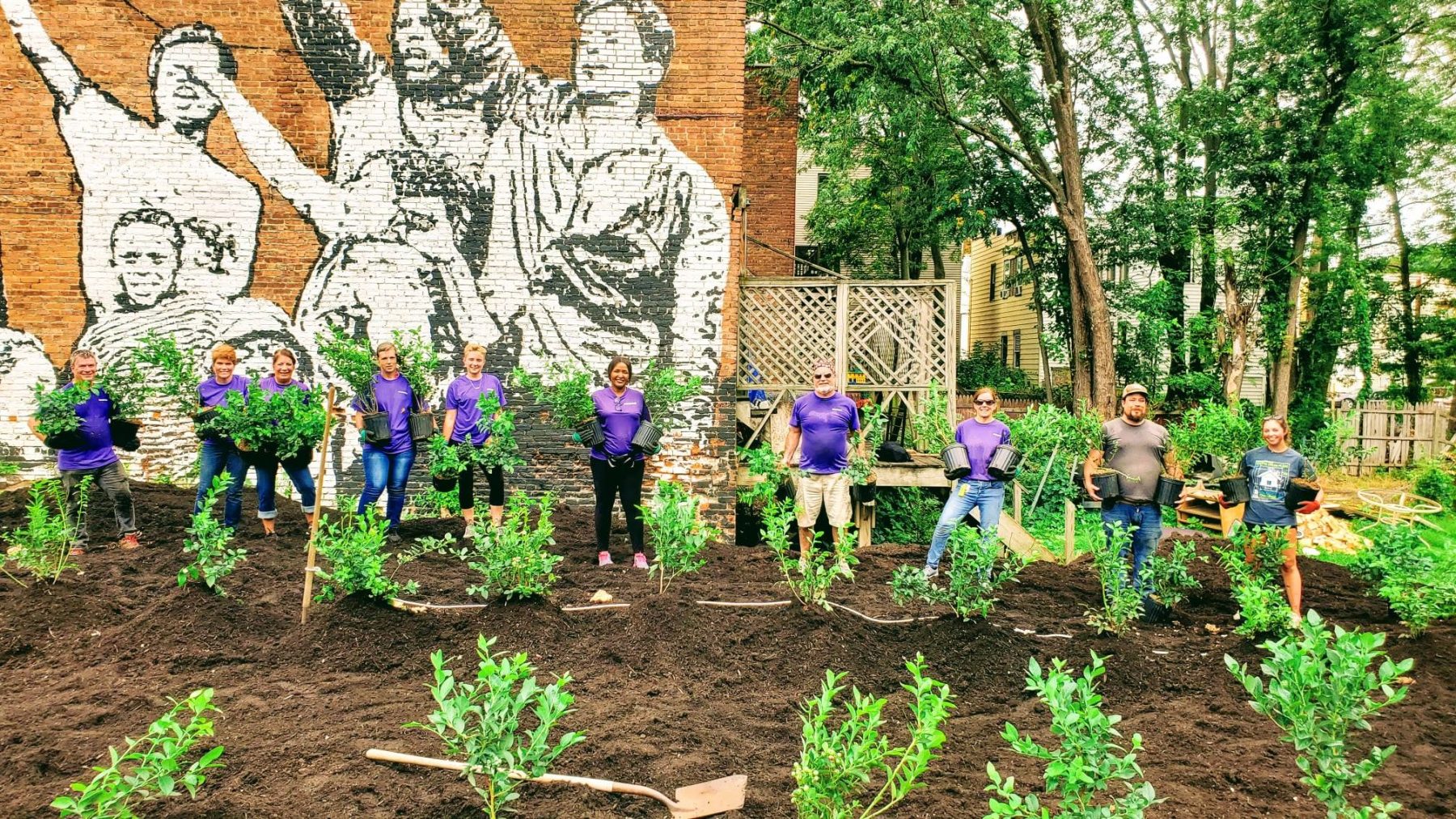
Topic
Health
The health of individuals and the health of communities are linked in so many ways, from zoning to access to fresh food, safe housing, safe streets and parks, and proper medical care. How is this growing realization affecting practice for both community development organizations and health care organizations? What does it take for these two separate worlds to partner toward shared goals?
The Latest

Tribal-Sponsored Development Offers Housing and More in Minneapolis
A hub for health care, social services, and community, the Mino-Bimaadiziwin apartments meet the unique needs of urban Native Americans while enriching the surrounding community.
Explore Articles in this Topic
Search & Filter Within this Topic
filter by Content Type
filter by Date Range
search by Keyword

Developing Housing that Welcomes People With Developmental Disabilities
Not everyone with intellectual and developmental disabilities needs to live in a highly structured group home. There are ways to make integrated, independent living work.

Why Aren’t Homeless Shelters Accommodating People Who Have Disabilities?
With homelessness on the rise, the U.S. shelter system is ill-equipped to accommodate disabled occupants.

Where Missoula Built Sidewalks, A Health Equity Focus Followed
The Missoula City-County Health Department is working to expand health equity through a full-time government position, five years after a health initiative brought new sidewalks to low-income neighborhoods.
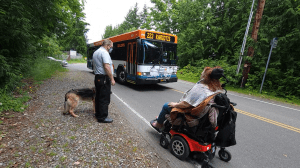
The Road to Transportation Equity: Listening to Non-Drivers
Laying the groundwork for transportation equity can start with listening to disabled people’s experiences of infrastructure for non-drivers.

Why an Eldercare Facility Turned to Employer-Provided Housing
Providing temporary housing in tiny homes has helped a long-term care facility keep its doors open in the face of a growing housing crisis.

How the Housing Shortage Is Forcing People With Disabilities Into Institutions
People with disabilities have the constitutional right to choose community-based care rather than institutionalization, but without enough accessible, affordable units, some are still being forced to live in nursing homes.

Making Housing More Accessible for People With Multiple Chemical Sensitivities
Accessibility for this challenging disability can look different from other measures—but addressing it could help improve everyone’s health.

Accessible Housing Is Not Just About How Buildings Are Built
The ways in which buildings are managed after they are built also affects how accessible and inclusive they are.
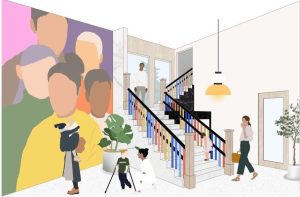
Cross-Disability Design Makes Housing Better for Everyone
Affordable housing projects should incorporate a range of accessibility features, going above and beyond code requirements.
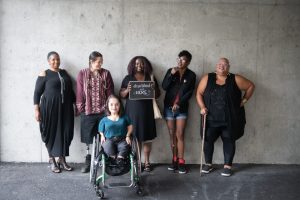
Which U.S. Laws Require Accessibility in Housing—And How Well Do They Do?
Activists have been fighting for decades to expand accessible housing for disabled residents. They’ve made progress, but say that current regulations and enforcement don’t go far enough.
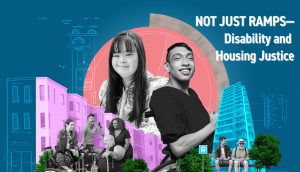
Disability Justice and Equity in Housing
Welcome to Shelterforce’s newest Under the Lens series, Not Just Ramps—Disability and Housing Justice. This introductory article lays out why the connection between disability and affordable housing is so strong, and why it’s so important for housers to understand.

How States Can Use Medicaid to Address Housing Costs
New federal guidance enables states to use Medicaid dollars to support housing needs.
